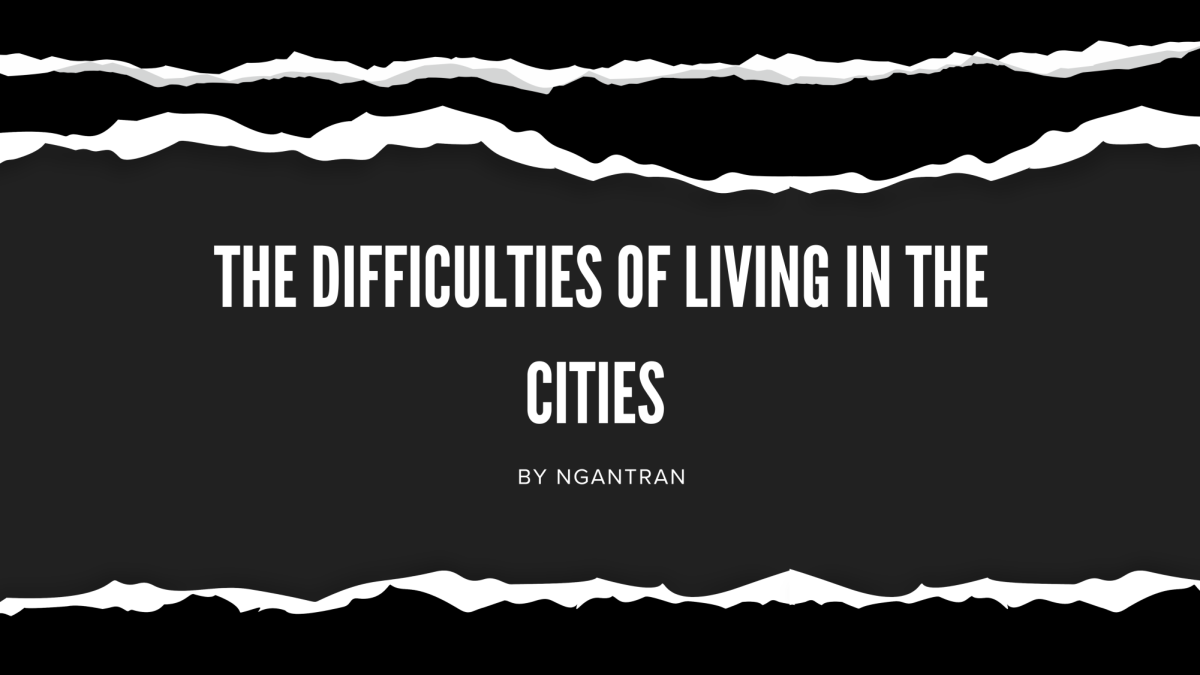The gifted program is a set of advanced and “rigorous” classes of which children must have an IQ of over 130 to be accepted. Every state in the United States offers some kind of gifted program in addition to Advanced Placement, AICE, IB, and Dual Enrollment courses.
For starters, the method of measuring IQ, and therefore giftedness, is invalid. IQ literally stands for Intelligence Quotient, implying that one’s intelligence can be measured by a number generated from a single test. The gifted program aims to challenge “talented,” “hardworking,” “intellectual” children, without taking the other forms of intelligence into consideration.
Being labeled as “gifted” has a detrimental effect on children as they transition to adulthood. Growing up constantly being awarded for grades and school awards causes you to place much of your worth on your so-called “intelligence.”
Pushing young children into these intense courses in elementary or middle school, in reality, can only cause one option: academic burnout. Whether a child is so tired of constant schoolwork that they decide to drop out of high school, or a student is so fearful of receiving bad grades that they push themself to the brink, academic–and even emotional and social–burnout is inevitable.
The stress of these gifted courses can be a lot for young students, but it doesn’t go away after graduation. Constantly having to live up to high academic standards can form people-pleasing tendencies in the future, which tend to add to poor self-esteem and mental health. The idea that one’s intelligence is the most important thing about them creates an inner fear of failure. Making one small mistake is the end-all, be-all. Waking up late for work one day creates months of anxiety. Mispronouncing a word during a job interview sends you into a pit of dread and regret. For gifted children, these small things that everyone–literally everyone– does can introduce the fear that “I’m not smart enough.” Although this fear seems completely irrational and silly, when you group up believing that your worth is based on your ability to answer questions correctly, it is an extremely destructive idea.















